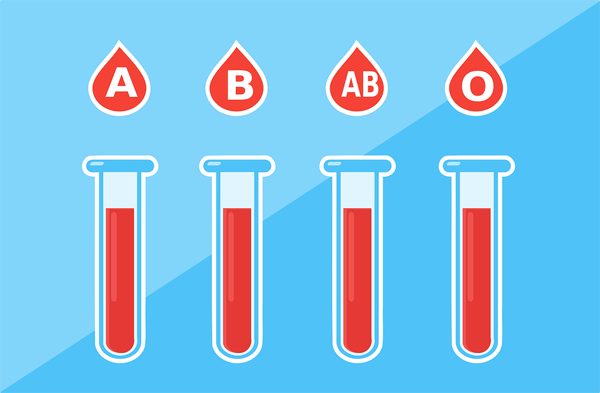04 Jul 2019
Glaucoma in the concept of Ayurveda
Glaucoma is a treacherous disease that can lead to blindness. It develops gradually, for years without obvious symptoms, until it enters an advanced stage.
As the disease progresses, the following symptoms may occur:
The person can start seeing "aureoles" around the sources of light /for example, the lamps/;He may get tunnel vision /the peripheral vision is heavily restricted, narrowing the visual field and people see as though a tunnel/; Headache or pain in the eyes, etc.
The disease usually affects both eyes but does not progress equally intensive, as the occurrence of problems in one eye is compensated by the other. Thus, the glaucoma patients do not realize that damage has begun and, until the final stage, patients realize with surprise that they have this disease and lose their vision.
The cause of glaucoma is an increase in the intraocular pressure due to accumulation and rettention of aqueous fluid. That is why Ayurveda associates it with imbalanced Kapha – the Dosha, which is responsible for the control of fluids in the body. The increased pressure in the eye exposes the optic nerve to excessive compression, resulting in the atrophy.
The fluid that forms the ocular pressure flows through the trabecular meshwork into the front eye chamber under the angle between the iris and the cornea. The pressure starts to increase either if there is a overproduction of fluid or if the "drainage system" is blocked and does not function properly. Thus, the fluid does not drain normally, but it accumulates, increasing the pressure.
Can Ayurveda heal glaucoma?
Yes, Ayurveda has a variety of herbal based remedies, as well as therapies that with their overall effect, not only reduce the eye pressure, but also restore the normal eye functions. Thus, in addition to avoiding blindness in the final phase of glaucoma, various eye problems are removed.
However, the eyes are a very delicate and sensitive area that can easily be damaged. Therefore, measures should be taken to ensure that the healing remedies are prescribed by a Ayurveda doctor and applied exactly as prescribed, and the healing procedures and therapies for head and eyes have to be performed only by a licensed Ayrveda specialist.
Ayurvedic diet for glaucoma
Answering positively to the question “Can Ayurveda heal glaucoma”? we should also mention the special place of nutrition. According to Ayurveda, food is a medicine – it is an individual accent in the treatment of any disease in order the Doshas to be balanced, it is also a propxylaxis against diseases, it contributes to the cleansing of toxins.
The diet is strictly individual for each patient with glaucoma, and it should be prescribed by expert Ayurveda specialist according to the potential other diseases found. Thus, the general condition of the patient will require balancing not only of Kapha, but also the regulation of the other two Doshas – Pitta and Vata. In general, however, Kapha should be restored in its unique balance, and Ayurveda recommends certain foods, way of eating and time of their consumption to do so.
First of all, food that helps to balance Kapha should be cooked with little amount of water, it has to be dry, light and consumed warm and with more spices. Moreover, it should not be greasy, as the recommended flavors are spicy, astringent, as well as bitter. Sweet, sour and salty are contraindicated because they increase Kapha.
The spicy foods activate the digestion and warm the body, while the bitter and astringent foods help to reduce the appetite of Kapha. Thus, on the one hand, excessive food intake is limited, and the consumed food is degraded and absorbed fully, as it does not form toxins that can block various conductive channels. In addition, a number of spicy or warm foods causing tears, in addition to warming Kapha, help to eliminate the excessive mucus.
The beneficial foods include corn, rye, barley, buckwheat, millet and the foods that should be avoided are rice, wheat, oats, soy and beans. Red meat and seafood should be excluded from the menu, as chicken white meat, turkey and fish are allowed in moderate quantities. The recommended vegetables include radishes, cabbage, eggplants, turnips, red beets, pepper, spinach, carrots, peas, garlic, onion and asparagus. Foods that are not recommended include potatoes, tomatoes, cucumbers, zucchini, okra and olives.
The fruits that are useful for Kapha balance are mainly the astringent ones – pears, apples, peaches, apricots, mango, lemon, blueberries and dried fruits. Juicy fruits, however, are not recommended – watermelons, melons, pineapples, oranges, avocado, grapes, kiwi and figs.











